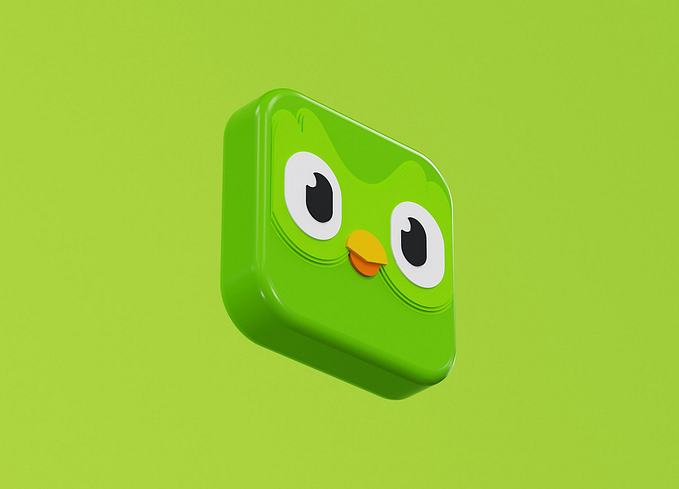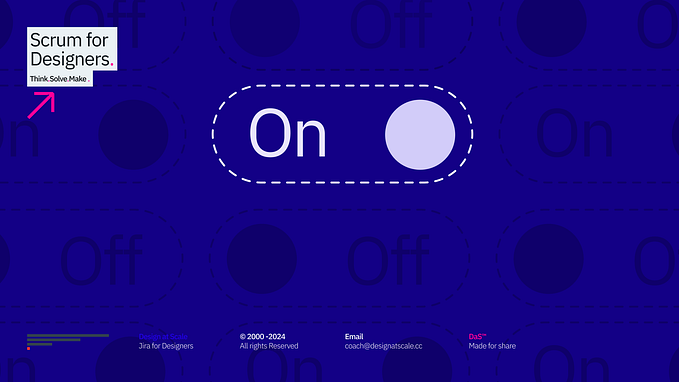Member-only story
How to lead designers — 18 practical tips
Managing a team of creative folk is one of the toughest, and most rewarding, roles a person can have.
Speaking personally, as a young designer I didn’t ever think I’d haphazardly work my way into a management role despite actually wanting it right from the beginning. Early on, I assumed being “the boss” was a seat of power where I got to make all the important decisions. But over time I came to realize that being a creative leader is actually a subservient role, where I exist to support and enrich my team members so they can do their best work possible. I believe this is true for all creative leadership roles, nay all leadership roles of any kind. Though, truthfully, creative employees require a slightly different management mindset in some ways than traditional, non-creative employees. This may stem from the inherently empathetic and more emotionally-driven nature of creatives, whose role is to translate the world around them into visual, tangible, inspiring output. Such is not the role of, say, an accountant or a nurse or a police officer.
With these realizations, over time I began to formulate a methodology that I’ve employed with every team I’ve built and led. Many of these realizations were felt, and not necessarily written, until now, while others existed as notes I jotted down when I came upon situations that warranted it. If you, as a creative leader, find this guide helpful then please by all means employ these methods within your own team. Or if you, as a creative employee, find this leadership style inspiring then by all means come work for me. Or if you, as a casual reader, find the snark employed herein too much to handle, then by all means stop reading.
1. Give them your implicit trust
Starting off, let’s talk about trust. When we make a decision to hire somebody onto our team, we are making a decision to trust that person right from the get-go. There is no window by which they must prove themselves worthy of the role. In truth, they proved their worthiness by getting hired. They went through the ringer, and jumped through all the hoops to land that job. You did vet them properly, right? And you did have them speak to multiple stakeholders and potential future teammates during the interview process, right? So why wouldn’t you decide that this new hire is worth your trust?






